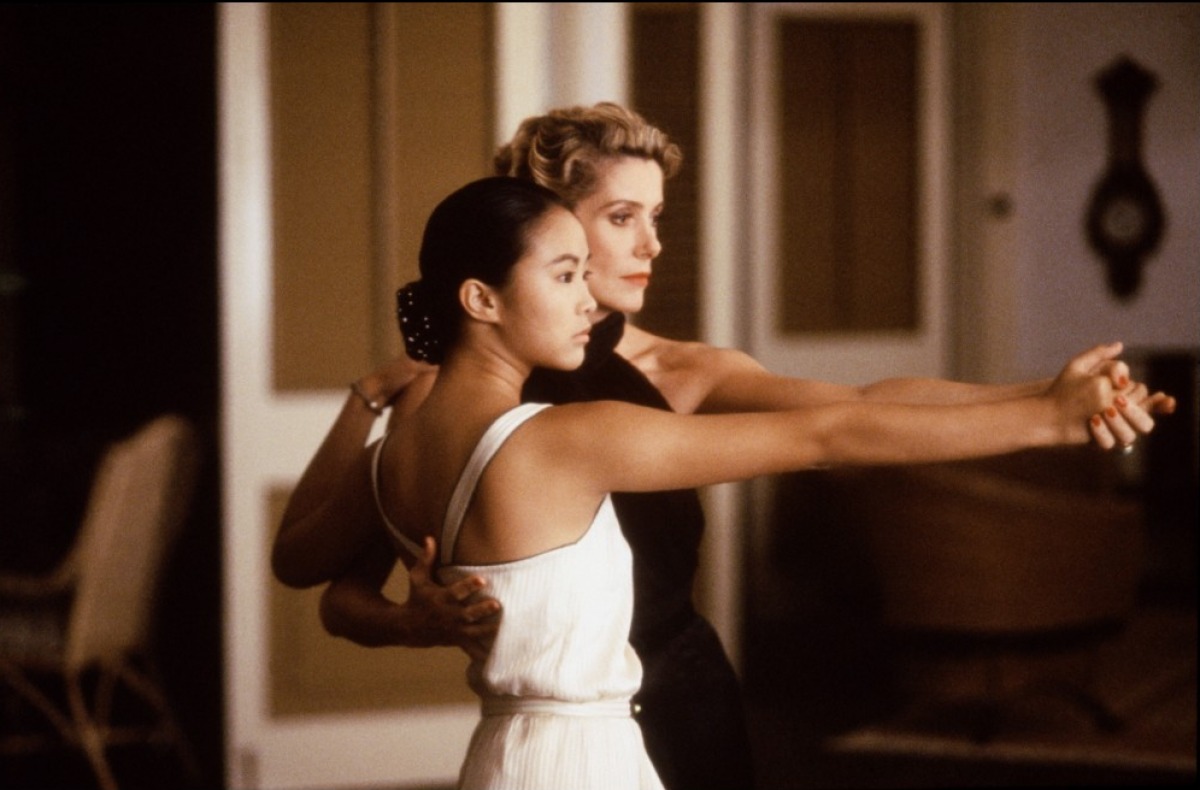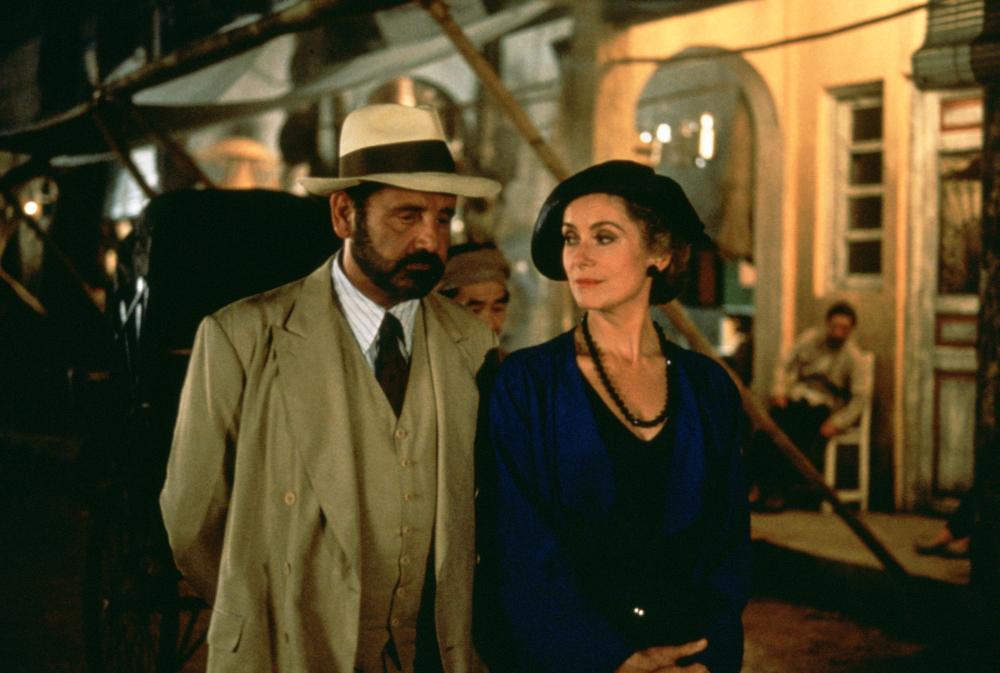In our youth
we thought the world consisted of inseparable things: men and women;
mountains and plains; humans and gods; Indochina and France...
The longest
addition to Apocalypse Now Redux is a sequence when the crew have
discovered a French rubber plantation. Despite a fact, that the First
Indochina War has finished more than ten years ago and Vietnam is an
independent country; the French family will defend this frontier
until the last man dies. I have watched Apocalypse Now for several
times and The French scene was always my favorite. That is why, I
have decided to “fill the gap in my education” and watch
Indochine.
In the
French Indochine, Eliane Devries adopts a young girl from the royal
dynasty called Camille. Because of that, the Devries Planation
becomes one of the largest into the Indochinese Peninsula. After ten
years, Eliane raises Camille as her own daughter and her plantation
runs a huge profit. At the same time, Eliane starts an affair with
young naval officer called Jean-Batiste. Everything ges as usual,
until Jean-Batiste saves Camille from terrorist attack and they fall
in love. Eliane tries to protect Camille and has Jean-Batiste
transferred to a remote base. Camille is quickly engaged to another
Vietnamese noble and communist sympathizer called Tanh. Immediately
after engagement, Camille, with consent of Tanh, escapes from Saigon
and goes to the country to find Jean-Batiste.
The film
depicts an idyllic colonial life: huge plantation; strict, but fair,
Eliane, who never punishes her workers unfairly; peaceful coexistence
of French and Vietnamese elite. Nevertheless, this idyll lasts only
in the plantation and, to the limited extent, in Saigon. In the wider
world starts out a revolution. The first revolutionaries starts out
an arsons and sabotages; carries out assassinations of collaborators.
Camille after escaping her “golden cage” sees the life of her
country and radicalizes.
The French
society shown as inert and incapable of preventing the mounting
revolution. The only hero, who tries to prevent revolution, is a head
of the colonial police Guy, but his work is constantly sabotaged by
lack of cooperation from Army and Navy and the Popular Front's
decision to liberate the political prisoners completely ruins his
work.
Love plays
the main role in a film. The one could say, that love plays a vital
role in almost all events of Indochine. Love is a blessing and curse.
Almost every major event starts with love: love of Eliane to her
foster daughter; love of Camille to
Jean-Batiste; love of Tanh, and then Camille, to the homeland. In the
end, Eliane keeps a piece of the French Indochine in her grandson
Etiene – the son Jean-Batiste and Camille – and her love to
grandson symbolizes the love to the lost part of the world.
Catherine
Deneuve, who used to represent Marianne, again depicts her country.
At first, Eliane makes an impression of cold and arrogant woman, but
“behind the curtain” there is passionate woman, who is capable of
real love. She is capable of brave decisions, she could lead by
example, but the historical events break her and she sadly becomes
the remnant of the French Empire. Other actors were also brilliant:
Vincent Perez as impulsive Jean-Batiste; Jean Yanne as cynical
policeman Guy; the list goes on and on.
Indochine is
a sad, sincere and beautiful film. I strongly recommend to watch it
together with The Last Emperor.
9/10










